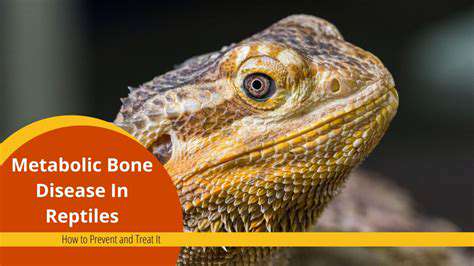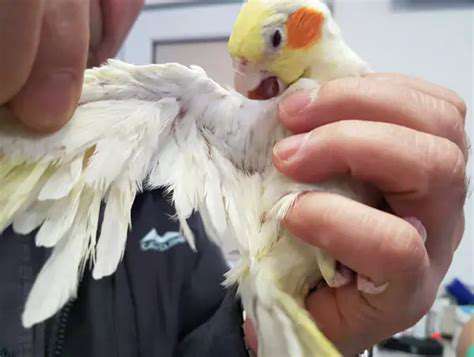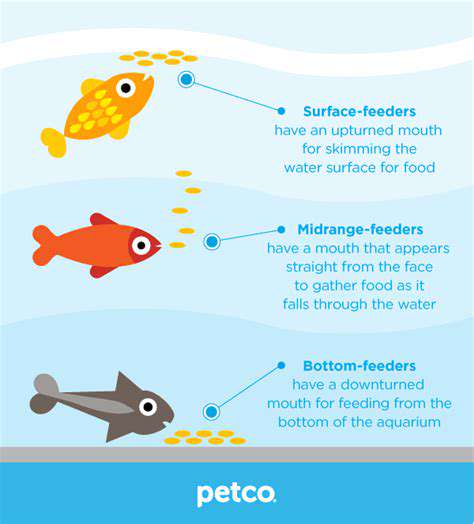Guide to Pet Eye Care

Dietary Considerations for Healthy Eyes
Importance of a Balanced Diet
Maintaining a healthy diet is crucial for overall pet health, including eye health. Proper nutrition provides the essential vitamins, minerals, and fatty acids necessary for healthy corneal function, proper tear production, and the support of the delicate structures within the eye. Nutrients like Vitamin A, Vitamin C, and Omega-3 fatty acids play a significant role in the structure and function of the eye tissues, promoting their resilience and preventing various potential eye problems.
Specific considerations include choosing foods that are high in antioxidants. These compounds help protect the delicate eye tissues from damage caused by free radicals, which can be particularly important for senior pets or those living in environments with increased environmental stressors. A diet that's too high in certain fats or lacking in crucial nutrients can also lead to various eye conditions. A balanced diet is paramount for maintaining your pet's overall well-being and the health of their vital organs, including the eyes.
Hydration and Eye Health
Adequate hydration is another critical aspect of dietary considerations for healthy eyes in pets. Water is essential for lubricating the eyes, producing tears, and facilitating the transport of nutrients. Dehydration can lead to dry eyes, discomfort, and potentially impairing vision. Ensuring your pet consistently has access to fresh, clean water is paramount. Providing a variety of water sources, such as a bowl and a water fountain, can encourage a higher intake and avoid boredom-related insufficient water consumption, especially for pets who prefer having multiple water sources.
Monitoring your pet's water intake can help you identify any potential underlying health issues that might be impacting their hydration levels. If you notice changes in their water consumption, it is always advisable to consult with your veterinarian to rule out any medical problems or conditions that could be affecting their water intake.
Specific Dietary Needs for Different Breeds
Certain breeds of pets are predisposed to specific eye conditions. For example, some breeds are more prone to cataracts or glaucoma. Understanding these breed-specific predispositions can be instrumental in tailoring a diet that supports ocular health. Breed-specific nutritional needs should be considered when choosing commercial pet food or formulating a homemade diet to ensure optimal support for the overall health of these animals. Consult with your veterinarian to determine the best dietary approach for a particular breed of pet, considering any genetic or predispositional factors related to eye conditions.
Supplementation and Eye Health
In some cases, dietary supplementation might be necessary to address specific nutritional deficiencies or support particular eye conditions. Your veterinarian can advise on appropriate supplements if needed, considering your pet's individual requirements. However, it's crucial not to self-medicate or provide supplements without consulting a professional. Supplements, even those seemingly innocuous, can sometimes interact with medications or cause unintended side effects. Always seek veterinary guidance to determine whether or not supplemental support is necessary and choose the appropriate type, dose, and frequency.

Read more about Guide to Pet Eye Care
Hot Recommendations
- Review: [Specific Brand] Small Animal Cage
- Why Rescuing Pets Saves Lives
- Best Pet First Aid Kits [What to Include]
- How to Help Stray Animals in Your Community
- Guide to Adopting a Pet When You Have Kids
- Top Reptile Heat Lamps
- Heartwarming Rescue Stories That Will Inspire You
- Review: [Specific Brand] Bird Cage
- Best Aquarium Filters [2025 Review]
- Review: [Specific Brand] Smart Litter Box





